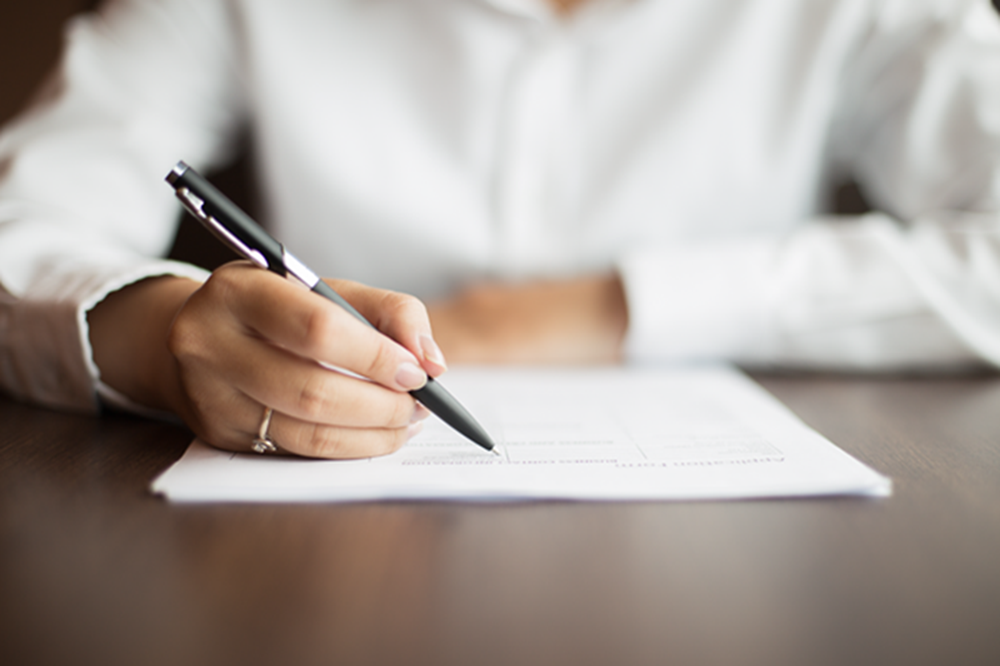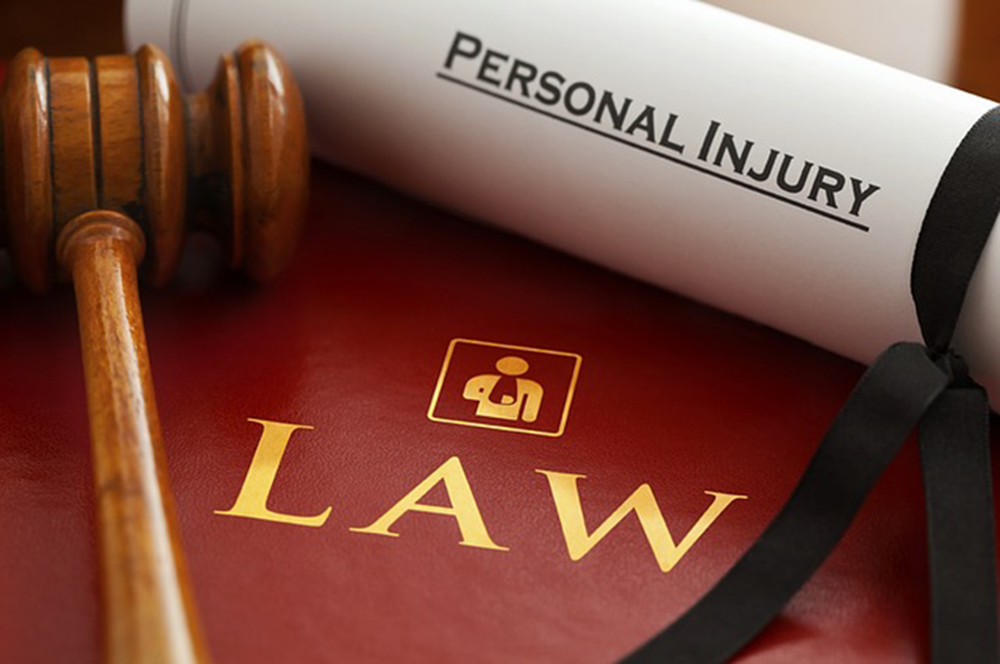Insurance Claim Lawyer Toronto
Insurance Claim Documentation
If you’ve been injured in a motor vehicle accident, you will want to file an insurance claim, and in certain circumstances, you may also want to initiate a tort lawsuit. Your first step should be to find a personal injury lawyer who will work with you to assess your claim and/or case, and to help ensure that it will be successful. Personal injury lawyers who see hundreds of these personal injury cases each year have the knowledge and skill to get the job done right.
It’s also important to find a lawyer whose personality is a good match for yours. Recovering from a traumatic injury can be painful and stressful, and having you sidelined can be difficult for your family, too. A law firm’s website will usually reflect their philosophy, and will give you an idea of the values that they emphasize. Look for a firm that has a good track record, and that puts a priority on creating strong relationships with clients. A good lawyer will support you during this tough time, and will be in your corner fighting for you.
One of the major elements of every insurance claim is filing the paperwork properly, and on time. By working with your lawyer to ensure that he/she has as much information as possible, you can strengthen your claim and/or case. In addition to filing the required forms, you will probably be expected to submit additional insurance claim documentation.

Forms
In Ontario, there are five standard forms that must be completed to apply for accident injury benefits. They are:
FORM 1: Application for Accident Benefits (OCF-1)
FORM 2: Employer's Confirmation of Income (OCF-2)
FORM 3: Disability Certificate (OCF-3)
FORM 4: Permission to Disclose Health Information (OCF-5)
FORM 5: Treatment Confirmation Form (OCF-23)
However, there are other forms which may apply to your situation, and an experienced personal injury lawyer will be able to tell you which ones can be submitted by you or your medical providers. These include forms such as OCF-18, which deals with Treatment and Assessment Plans, or OCF-12, which details how your ability to perform activities of daily life have been affected by your accident.
Completing the forms meticulously is important, since the insurance company will reject any forms that are filled out wrong, and this will delay your claim. Improperly completed paperwork can even result in your claim being denied.

Documents and Supplemental Paperwork
In addition to the requisite forms and the medical records that will be provided by your doctors, you will need to provide various other types of documentation to support your claim. These may include:
- ID. This usually means birth certificate, driver’s license, passport, or other government-issued documentation.
- Photos of the Scene. Photos of the accident scene can reveal details that will help your case. It’s particularly useful to have photos of the vehicles involved, road markings, signage, and surrounding area.
- Photos of Your Injuries. Photos of you following the accident will help to prove the severity of your visible injuries, and is especially important where scarring is a possibility.
- Sketch of Accident Scene. Sketch, or have someone help you to sketch a diagram the accident, showing your memory of the position of vehicles in the road just before the collision took place.
- Police. Were the police called? Did they speak to you? What did you tell them? Is there a report of the accident on file?
- Personal Account. As soon as you can after the accident, write a detailed account of the accident from your point of view. Include everything you can think of that may have a bearing on the case, such as the weather conditions, the time of day, visibility, speed and flow of surrounding traffic, and anything else you can remember about the period preceding the accident, and immediately following the accident.
- Did you speak to any witnesses?
- Was an ambulance called, and if so, who called it?
- If another driver was involved, did you have a conversation?
- Did you go to hospital? If not, did you seek treatment from your family doctor? Did you speak to your insurance company representative?
- Recovery Journal. If possible, keep a detailed journal of your recovery process. This will help to solidify your claim, and may help you to remember all of the medical information necessary. In the journal, note all of the tasks that you need help with, and mention who helped you each day.
- Correspondence. Keep any and all letters pertaining to your accident, such as notifications from the insurance company, or your employer.
- Income Records. If you are claiming loss of earnings, you will need to substantiate your income, so be prepared to provide pay slips or other evidence.
- Receipts. And of course, keep any receipts that pertain to expenses related to the accident. Cab receipts to appointments, painkillers or prescriptions, medical supplies, plus invoices for any recommended treatments should all be saved and passed on to your lawyer.
One final point: you should find a personal injury lawyer as soon as possible following an accident. Completing all the required paperwork and having all the supporting insurance claim documentation is knowledge that a lawyer with experience will have. A good lawyer will help to ensure the success of your claim and/or case.